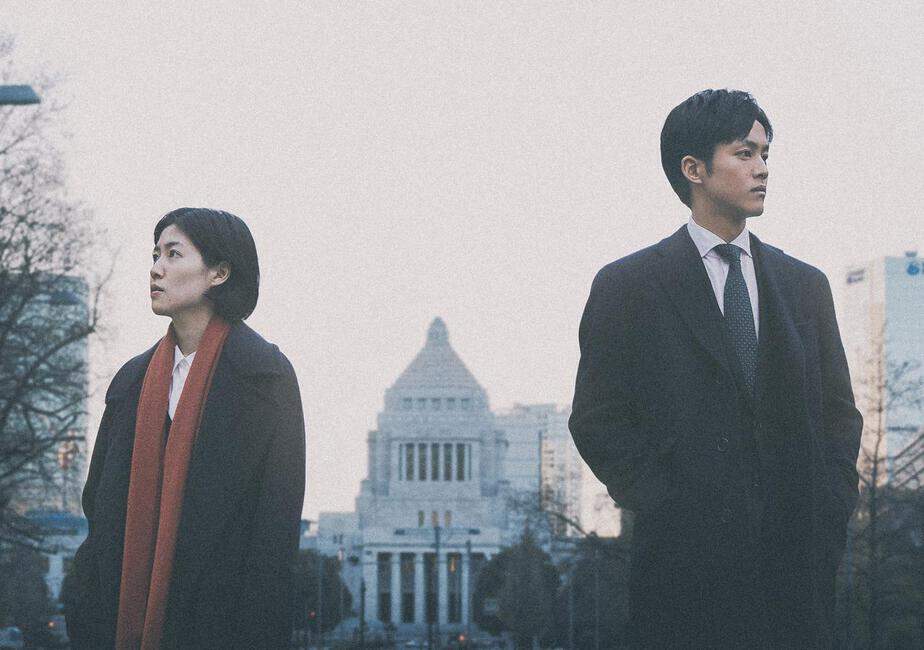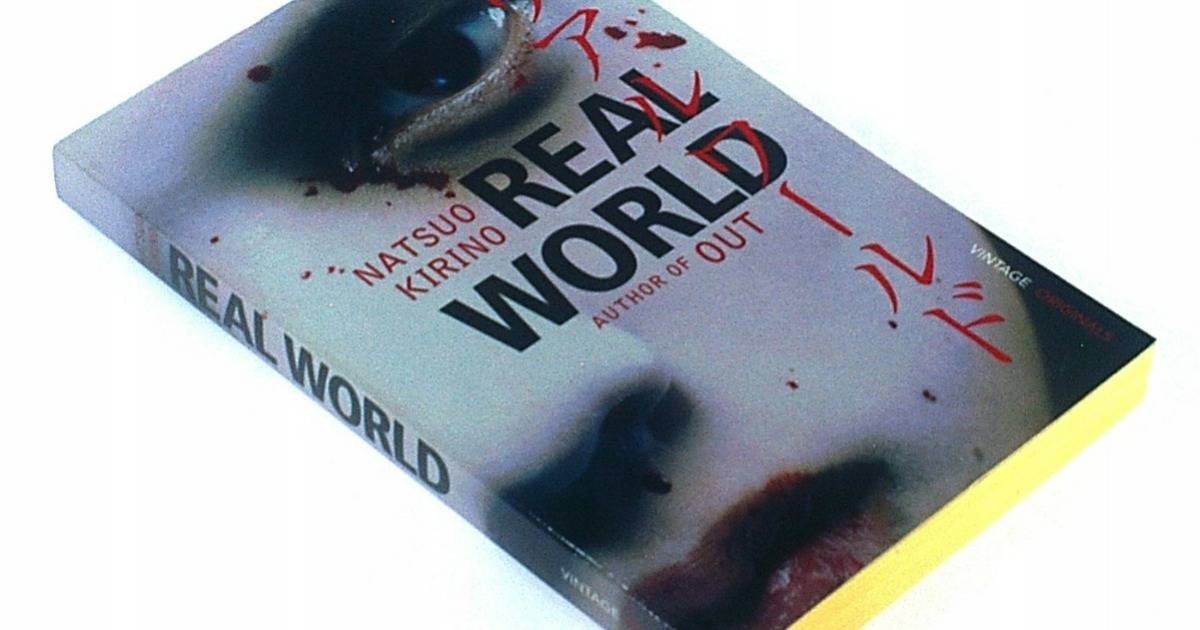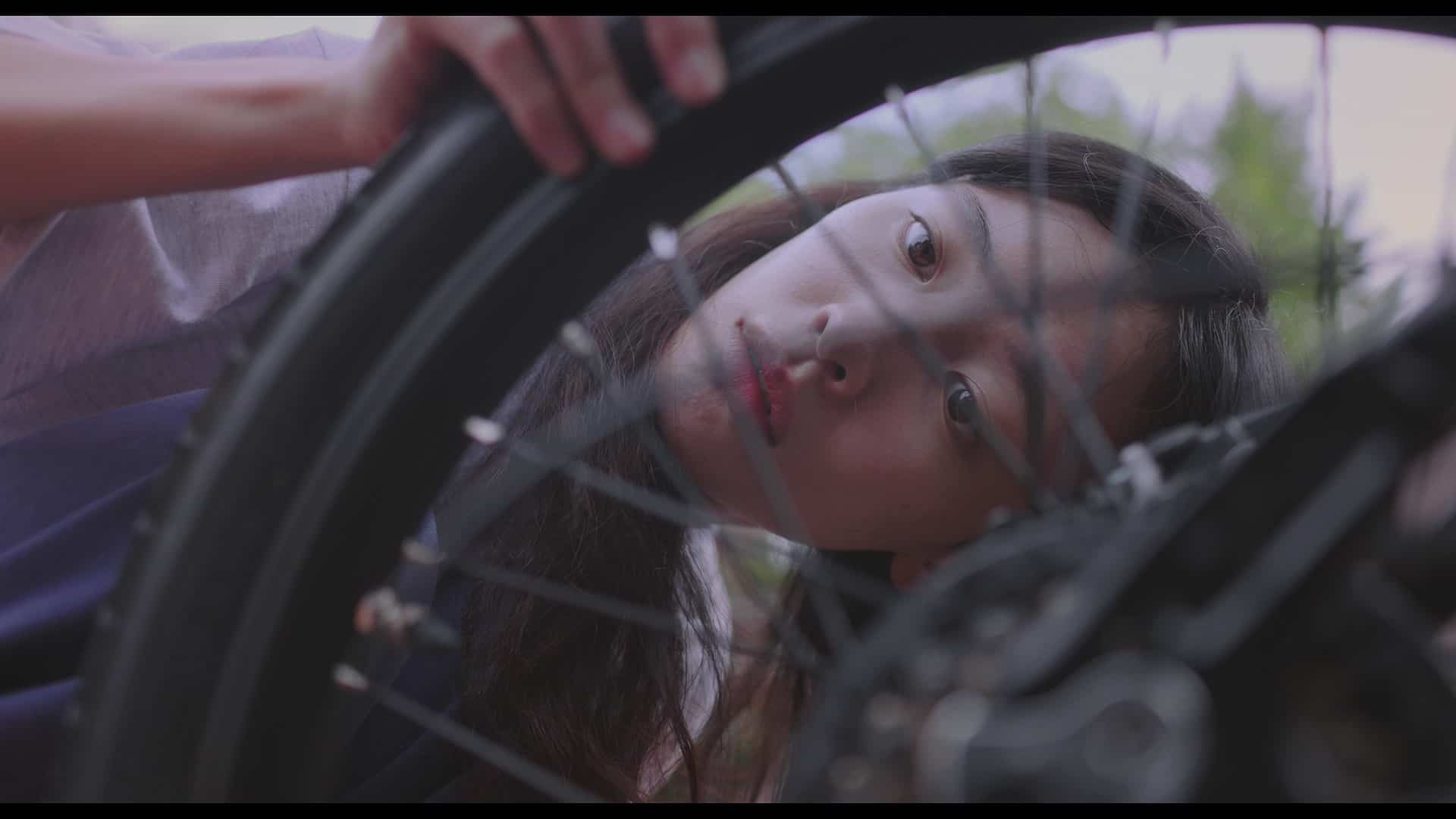Questioning the role of the traditional media (newspapers, TV news) seems to be a global phenomenon at the moment, particularly in the countries that comprise the “First World”. The questions raised, from the US to Japan and in many countries between, usually reveal answers that highlight the press as another pole of the national-level corruption, along with organized crime, the “capital”, the authorities, and politicians. Michihito Fujii presents his take on the issue, through an approach that unfolds much like a Korean thriller.
“The Journalist” is screening at Japan Cuts 2019

The story, which is based on reporter Isoko Mochizuki's book “Shinbun Kisha”, revolves around two individuals. Yoshioka is a US-educated Tokyo reporter working for Toto Newspaper, whose father's destroyed journalism career and subsequent suicide is the driving force behind her zeal to pursue the truth at any cost. Takumi Sugihara is a bureaucrat and careerist who works for the Cabinet Intelligence and Research Office, but has started to question the practices of his higher-ups (and essentially his own) particularly after he is ordered to launch a smearing campaign for the victim of a scandal involving politicians. At one point, Yoshioka receives an anonymous fax containing information about a shady, government-funded school, which is soon revealed to be something much worse. At around the same time, Yoshioka also comes across the cover-up of the particular case, after a former mentor commits suicide, and the path of the two becomes common, as they struggle with a decision about what to do with a case that could destroy them both.
Michihito Fujii directs a film whose narrative is split into two parts. The first one depicts quite realistically the newsroom atmosphere and the way the politicians (the government in essence) control the press through a number of puppet individuals and organizations. The second part is the one that follows the rules of the crime thriller, with the danger for their lives following the two protagonists in every step, with the tension actually carrying until the end.

I have to say that the second part is well-presented, but almost completely predictable in the way it unfolds, particularly for those who have watched the plethora of similar Korean thrillers. The stylized cinematography, courtesy of Keisuke Imamura, and the overall noir atmosphere help this part, but in the end, it is nothing we have not seen before.
On the other hand, the first part, and particularly the presentation of the atmosphere of the newsroom is exceptional, with the combination of realism and extremely fast editing mirroring the actual rhythm this line of work demands, while offering much entertainment. It is this part that actually carries the film above mediocrity, along with the courage Fujii showed in presenting such a film in a country where sincere criticism of institutions in cinema is quite scarce.

The acting aspect left me with mixed feelings, particularly because I felt that Shim Eun-kyung's performance as Yoshioka does not reflect the depth of her character. The fact that she acts more with her eyes and body stance instead of words (which may be because her command of the Japanese language is not as good) actually faults her performance, and is definitely on a level lower than the parts she had in Korean films, particularly in “Sunny”. Tori Matsuzaka however is quite good in conveying his growing discomfort for his line of work in a measured fashion, while he is equally convincing in communicating his growing agony.
“The Journalist” may not thrive on originality, but is a very interesting film, particularly for the courage it shows and the presentation of the role of the press nowadays.















